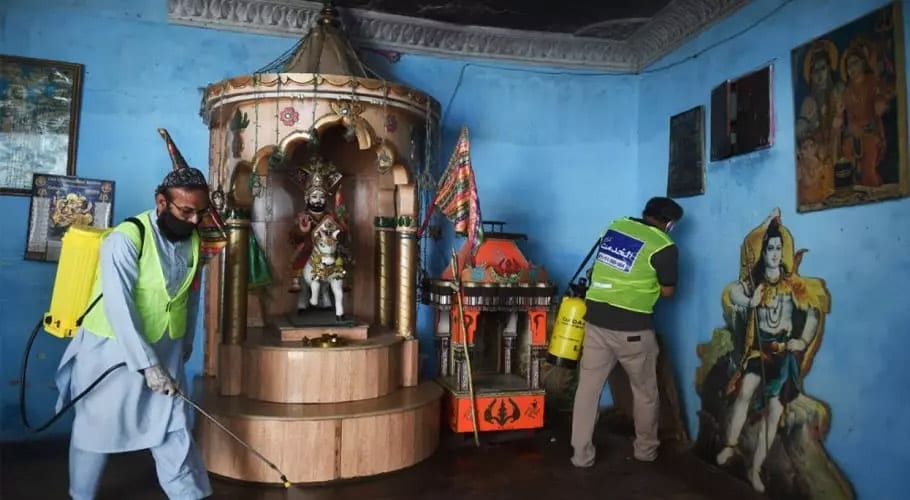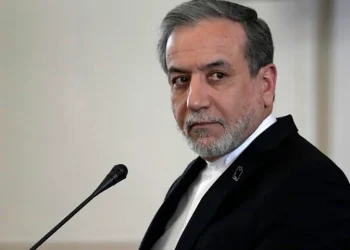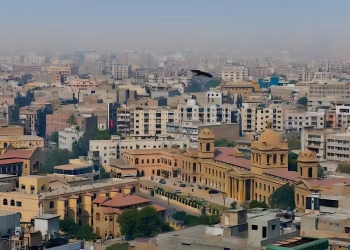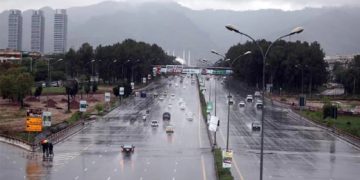Muslims in the subcontinent and the separate lifestyle from the Hindus strengthened the Two-Nation theory. Due to the tireless struggle of Quaid-e-Azam Muhammad Ali Jinnah, Pakistan emerged on the world map on 14 August 1947, as an independent ‘Islamic’ state.
Jinnah’s vision for a better Pakistan was pretty clear: he wanted the new country to be a democratic welfare state adhering to the rule of law, good governance, the emancipation of women and tolerance vis-à-vis minorities.
As part of his vision, Quaid-e-Azam said, “The first duty of the state is to maintain law and order, to protect the life, property and religious beliefs of its people. The biggest curses of bribery, corruption, black-marketing, nepotism and jobbery, inherited from India, should be put down with an iron hand.
As citizens of Pakistan, we have equal rights, privileges, and obligations, irrespective of colour, creed, caste and religion. You are free, you are free to go to your temples, to mosques, or to any other place of worship in Pakistan, he said.
Unfortunately, his vision for a better Pakistan got blurred and was not transformed into a reality because of the failure of his successors to follow his directions.
Unity, faith and discipline, which was an important message of Jinnah was forgotten with the passage of time and the culture of backing, corruption, religious discrimination and nepotism permeated in the societal and state structures of the country.
The situation of minorities in Pakistan
Pakistan is culturally, ethnically, linguistically, and religiously diverse. Muslims constitute 96.28 per cent of the country’s population, whereas Christians are 1.59 per cent and Hindus 1.60 per cent. Among Muslims, minority sects include Shias, Ismailis, Ahmadis, and Boris.
Shias make up a sizeable proportion of the Muslim population, roughly 15 to 20 per cent; the Ahmadiyya community constitutes just 0.22 per cent. However, this figure could easily be contested as many followers of the Ahmadiyya faith do not publicly identify themselves as Ahmadis due to fear of persecution.
Role of monitories in the country’s development
After 70 years, the role of minorities is not commonly known to a majority of their compatriots. Sadly, some anti-social and mean elements have been instrumental in occasionally commit activities against minorities.
The minorities especially the Christians played a vital role and assisted fully with the Quaid in the struggle for Pakistan. After the independence, the minorities contributed to making the country strong and powerful for example the Christians have played a prominent role in the armed forces of Pakistan.
The Pakistani Army has a list of 52 Christian officers and soldiers, who sacrificed their lives to protect the honour of the motherland. Recently, the members of the Hindu community have started to join the Pakistan Army; Pakistan has appointed its first-ever Hindu officer — Dr Kelash Garvada — a Major in the Ministry of Defence.
Coming to the field of education, the colleges like FC College in Lahore, Murray College in Sialkot, Gordon College in Rawalpindi and Edwardes College in Peshawar, have produced hundreds of thousands of outstanding graduates in every field.
In the medical arena, at one time the Christian nurses monopolised the profession and helped the medical profession to stand up on its feet in the newly independent republic.
One name which comes to mind immediately is the Ruth Pfau, who spent all her life serving the lepers when nobody else would come near them. Similarly, the third pillar of the state – Judiciary — who can forget the service of Chief Justice A R Cornelius, Chief Justice Rana Bhagwan Das, and Justice Patel.
Growing incidents of violence against minorities
The discrimination against religious minority groups is worse as again incidents of rape, abduction, illegal marriages, forced religious conversion and worship restrictions are growing day by day in the country.
On 29 December 2020, an angry mob has vandalized and burned down the samadhi (shrine) of a Hindu saint in the Karak’s Teri district of Khyber Pakhtunkhwa.
Several people led by some local elders of a religious party held a protest and demanded the removal of the Hindu place of worship after delivering speeches, they moved towards and attacked the shrine, which was built before 1920.
This was the second attack on the shrine; it was demolished in 1997 and rebuilt in 2015 on orders of the Supreme Court. The mob that was chanting slogans set the shrine on fire before demolishing it as well as an under-construction house owned by a member of the Hindu community.
Islamabad temple controversy
Earlier, a completely unnecessary controversy had been created on the construction of a temple in Islamabad. The move which should have appreciated for promoting tolerance and religious harmony has been mired in controversy for a long time.
The Islamabad High Court was approached and the construction has been stopped. The right-wing was perturbed over the use of public funds and land allotment for the project. Prime Minister Imran Khan had approved Rs100 million for the project but the petitioner wanted it stopped.
Many were concerned over the sheer size of the temple to be built on 20,000 sq. feet claiming that a few hundred Hindus lived in Islamabad. Others pointed out there was already a temple at Saidpur – a tourist site of the outskirts of the city – that should be renovated rather than building a new one.
The controversy surrounding the temple was unprecedented. Even Punjab Assembly Speaker raised concerns stating that he opposed building a temple in Islamabad and not anywhere else. This shows the regressive mindset that has filled our society. We have been quick to condemn similar incidents in India such as the Babri mosque while we face similar issues.
Religious harmony need of the hour
We are glad to mention that recently, the federal government has taken a few positive and welcome initiatives such as opening the Kartarpur Corridor for the Sikh Yatrees and the Katas Raj temple complex for the Hindu Yatrees.
The Prime Minister has also made very positive statements about the alleged forced conversions and marriages of non-Muslim girls being against Islam and hence wrong. The authorities also stood solid against the belligerent mobs, when Asia Bibi was freed by the Supreme Court of Pakistan.
Let us go back to the assurance and promises of our father of nation Quaid-e-Azam, and start to live in our great country with the golden principles of sameness, sorority and justice for all, irrespective of our differences. Pakistan is a multicultural bunch of many religions, languages and cultures, and the differences only add to its beauty.
The need for unity has become even more vital in view of the recent offensive measures carry out by the Indian government in Kashmir, unilaterally defying its own accords with the UN, attacking the civilian populace and disfranchising an entire nation.
When the father of the Nation Quaid-e-Azam Muhammad Ali Jinnah promised that minorities would be given equal rights, every citizen of Pakistan should consider himself bound by this promise.
Abstaining from all forms of bigotry, every citizen of Pakistan and authorities should consider it a national duty and give equal rights to every minority living across Pakistan as they are equal citizens of this country.



































